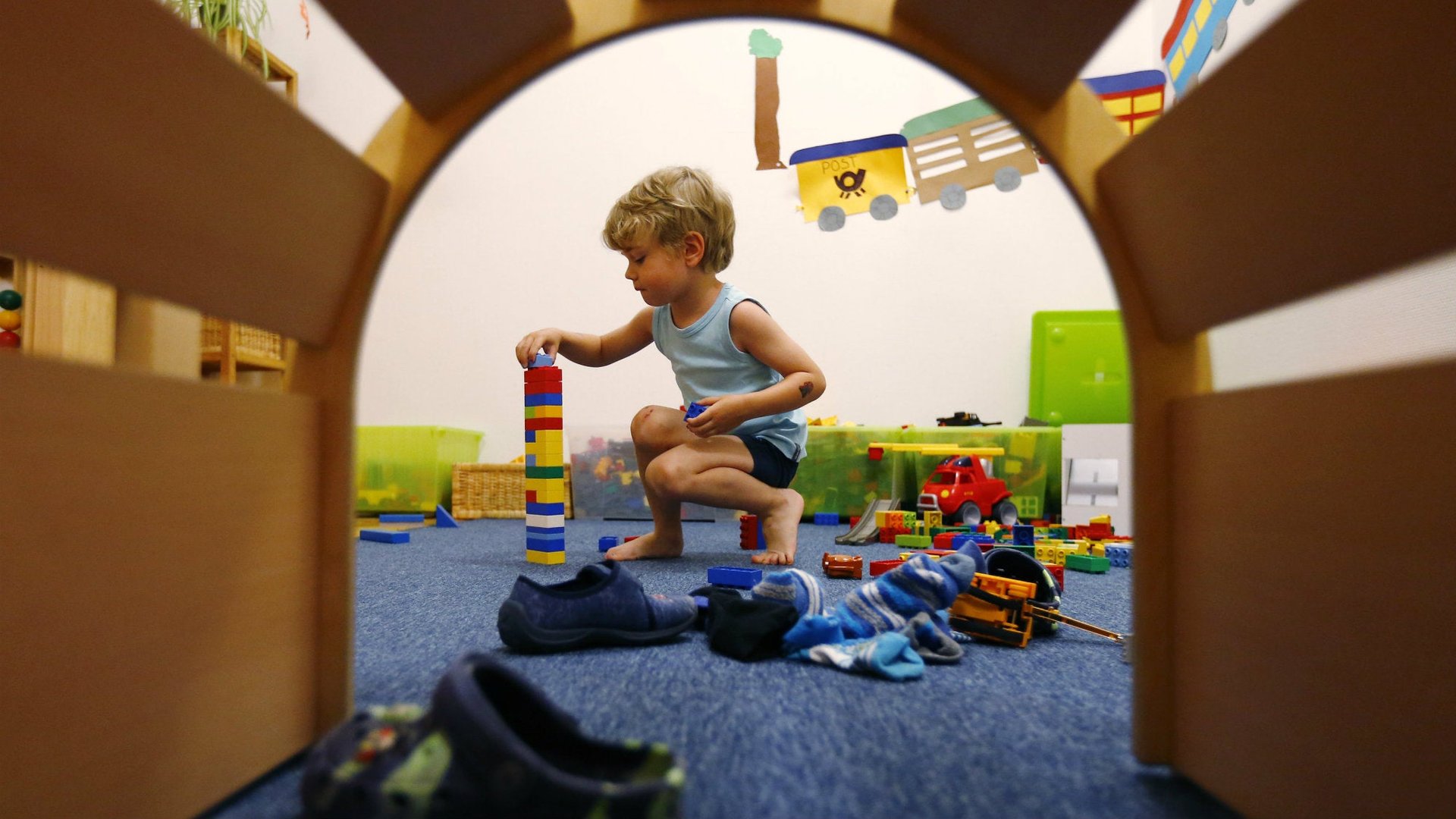What’s causing ADHD to skyrocket in kids?
In 2003, 7.8% of 4- to 17-year-olds in the US were were diagnosed with ADHD, according to the National Survey of Children’s Health. By 2011, that figure had reached 11% of students, with 20% of high-school boys diagnosed with the condition.


In 2003, 7.8% of 4- to 17-year-olds in the US were were diagnosed with ADHD, according to the National Survey of Children’s Health. By 2011, that figure had reached 11% of students, with 20% of high-school boys diagnosed with the condition.
Explanations for the dramatic spike in ADHD cases range from increased awareness of the condition and improvements in how it is diagnosed, to the bottom-line bonanza for pharmaceutical companies and kids looking for pharmacological help to focus on standardized tests. Or it could be that the increase in school-accountability measures has led low-performing schools to identify more ADHD students to get more funding (pdf).
Jeffrey P. Brosco, a doctor and a professor of clinical pediatrics at the University of Miami Miller School of Medicine, has another theory: he thinks the dramatic rise in academic standards since the 1970s may be responsible.
“From time spent studying to enrollment rates in pre-primary programs, everything had increased, and not surprisingly, in the past 40 years we also saw ADHD diagnoses double,” Brosco says.
Brosco and his co-investigator, grad student Anna Bona, found that between 1993 and 2005, parents spent 30% more time teaching three-to-five-year-olds letters and numbers. From 1981 to 1997, the average amount of weekly homework for six-to-eight-year-olds more than doubled.
The authors are careful to say that their research is observational: they see a correlation, but cannot explain whether the increase in academic rigor has caused the rise in ADHD.
But Brosco argues that it is “not surprising” that increased academic demands would lead to more diagnoses of ADHD. He cites research showing that starting kindergarten a year early doubles the chance that a child will need medication for behavioral issues. He writes:
Although it is a neurobiological condition with genetic causes, ADHD is defined by behaviors that are age dependent, related to the demands of the environment, and occur on a spectrum of typical behavior of children.
Michelle Frank, a clinical psychologist and ADHD expert who was not involved in the study, agrees with this assessment. “There isn’t any causality there,” she tells Quartz. “But people with ADHD struggle with executive function, and the more pressure to meet expectations that require a lot of executive function skills, the more you will see increases in people who can’t meet those demands.” As schools have suffered funding cuts, she says, programs in which ADHD students might thrive—arts, athletics—have also gone by the wayside.
However, she is cautious about drawing conclusions from the findings. Descriptions of ADHD have been around for centuries—according to Frank, Alexander Chrichton first described conditions similar to ADHD in a paper called “An Inquiry into the Nature and Origin of Mental Derangement” way back in 1798. What’s changed recently is greater awareness, she says: ”I don’t think it’s a rise in disorder.” For example, girls continue to suffer from misdiagnosis, and under-diagnosis, while some boys may be over-diagnosed with ADHD, she notes.
Give them a break
Whatever the case, early childhood development experts have been showing a growing concern about the rise of academic standards, the drop in play, and the loss of agency that children feel when they are forever being shuttled around to activities run by grown-ups.
Daphna Bassok, an assistant professor of education and public policy at the University of Virginia, co-wrote “Is Kindergarten the New First Grade?” in 2014. She found that:
- In 1998, 30% of teachers believed that children should learn to read while in kindergarten. In 2010, that figure was 80%.
- IN 1998, 15% of kindergarten teachers said they spent three or more hours per day on teacher-directed whole-class activities. In 2010, that figure more than doubled, to 32%.
“Children today are less free than they have ever been,” Peter Gray, a psychologist and professor at Boston College, tells Quartz. Parents pack their schedule so full of organized activities that children lose the ability to solve their own problems—skills they once honed through the unruly laws of free play. Gray thinks this has led to a spike in mental health problems for children.
Brosco is now proposing structured research to test his thesis: ”We feel that the academic demands being put on young children are negatively affecting a portion of them.”